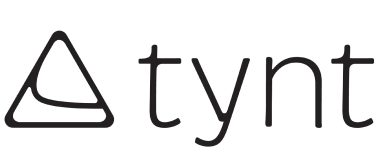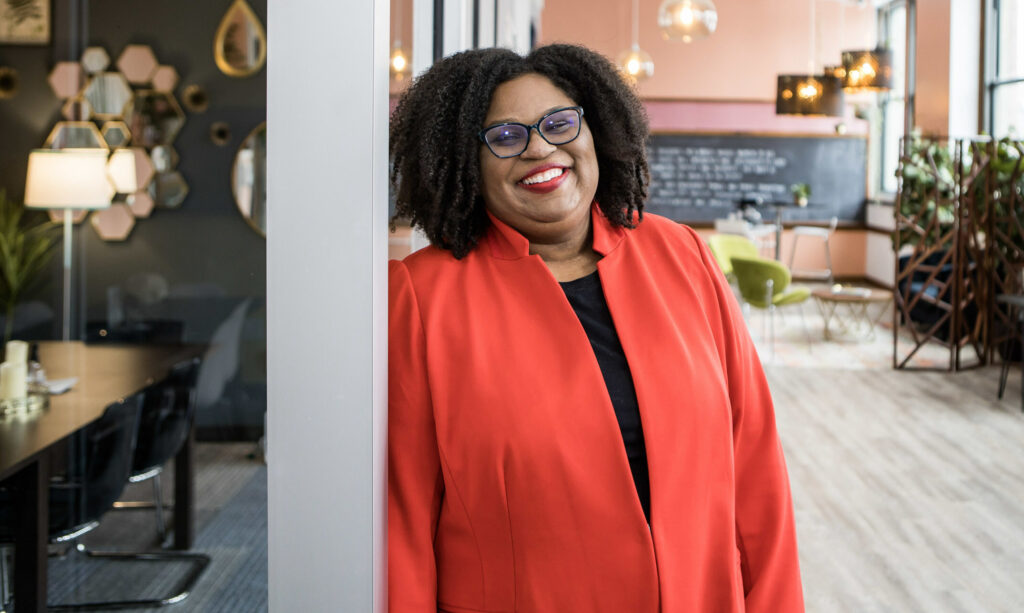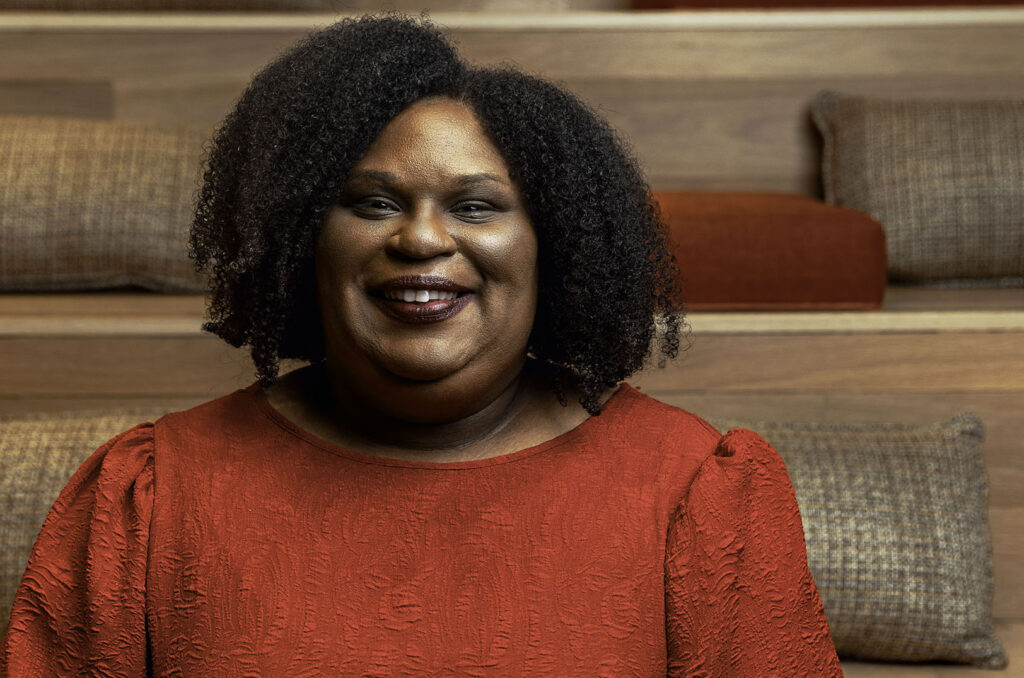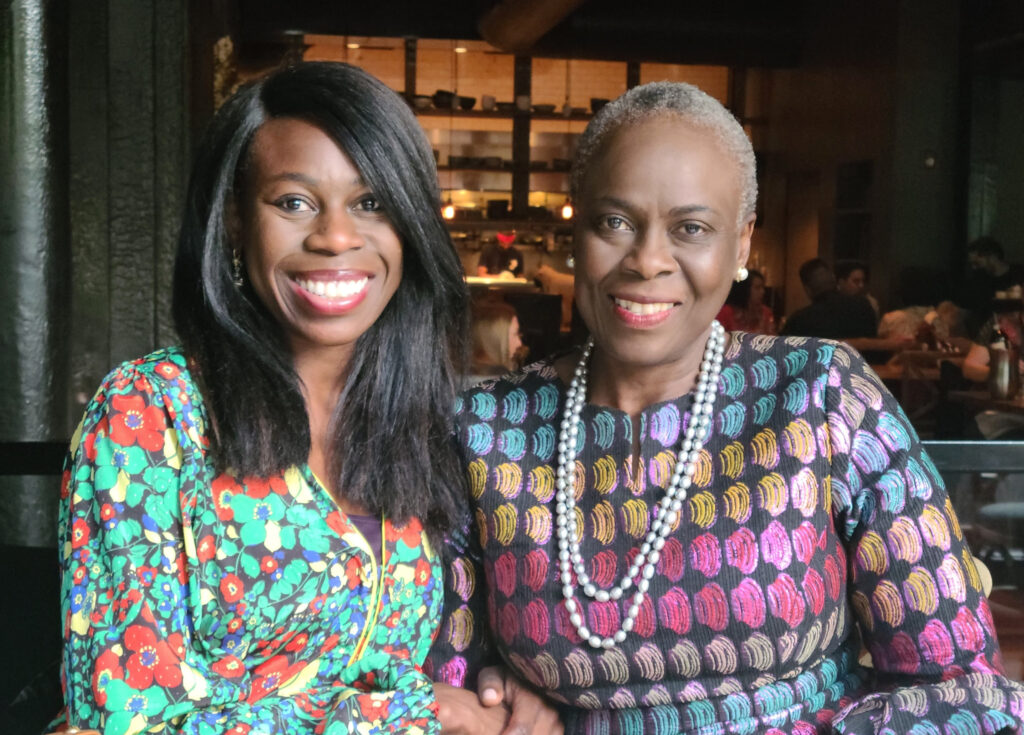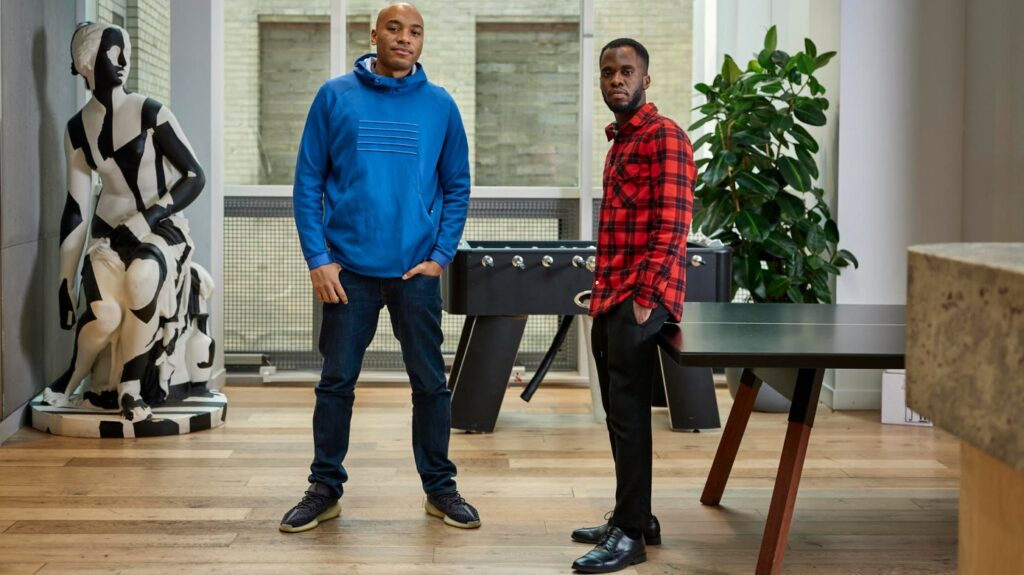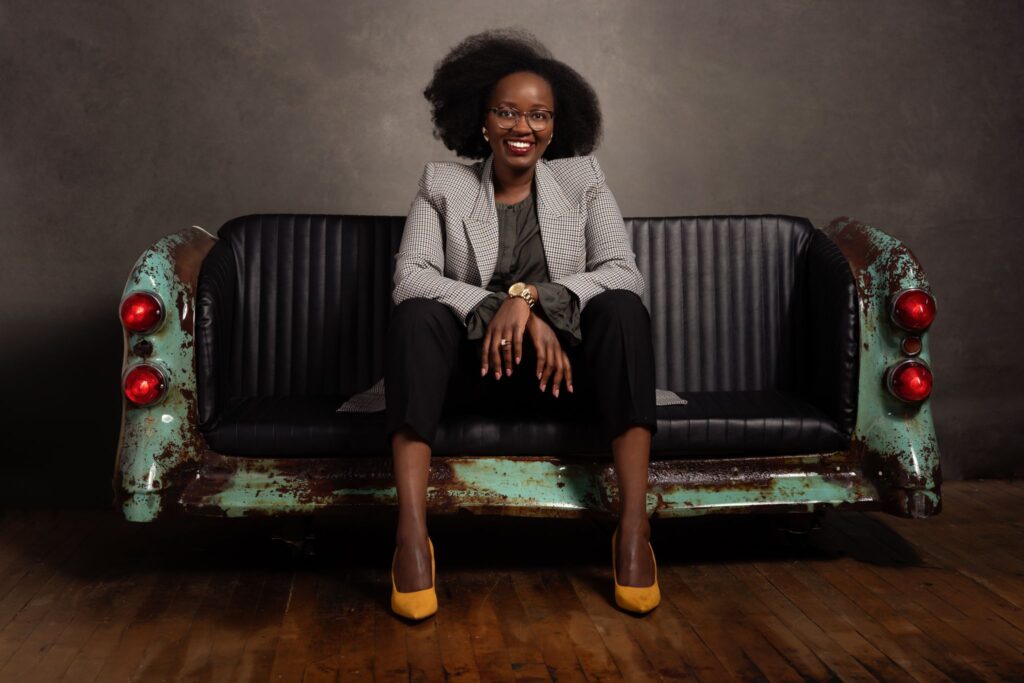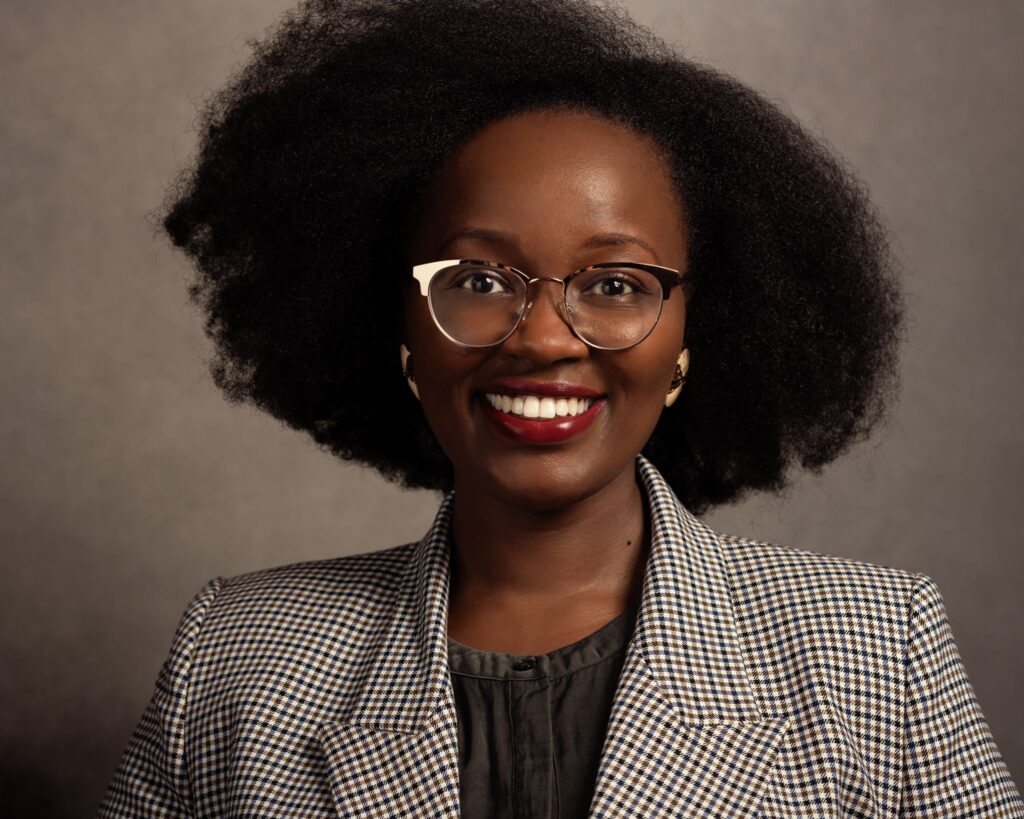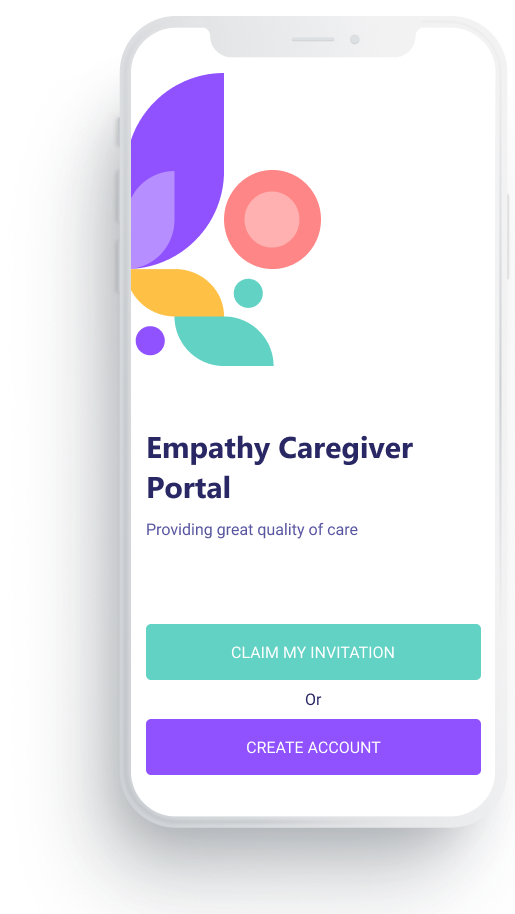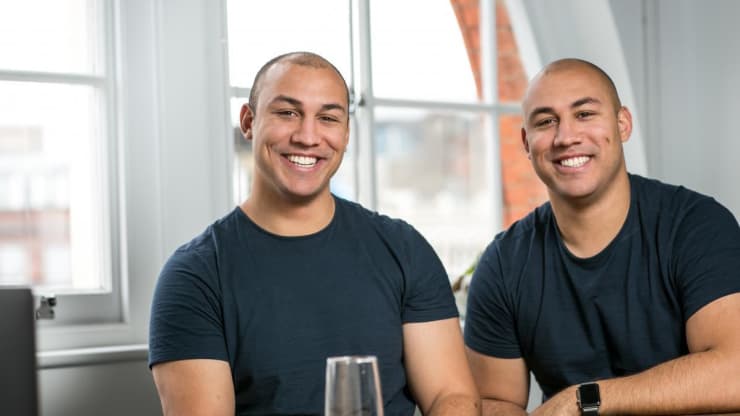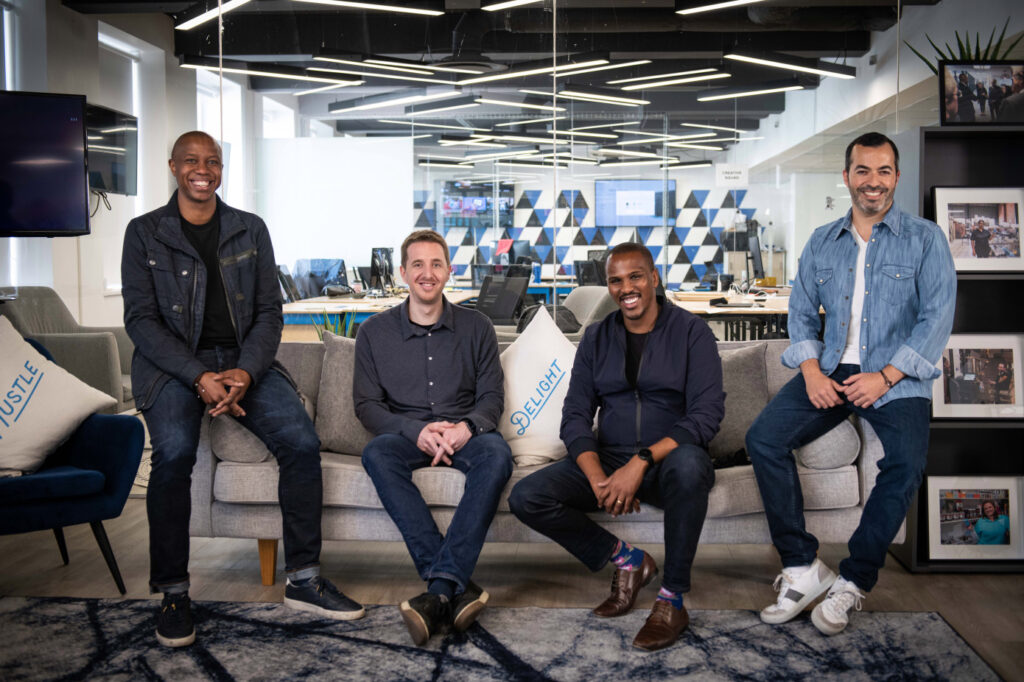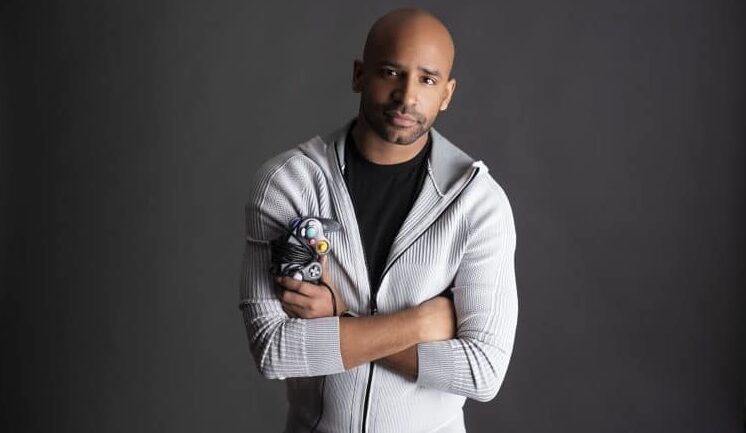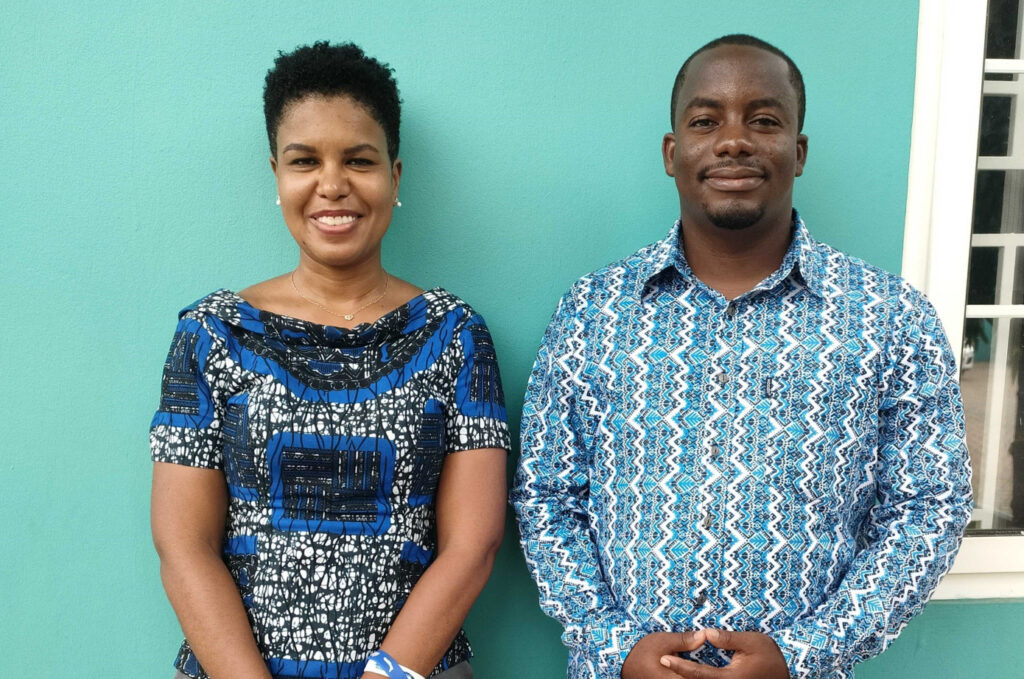Organizely is an AI-powered web app that helps people learn and grow in their careers. It curates and suggests templates, e-guides, and tutorials on a wide range of topics, so people can take control of their own learning and skill development.

In this interview, we speak to Organizely founder Tariqua “Tech Tai” Nehisi about the app’s inception, mission, and how it stands out from other productivity and organizational tools. We also discuss workforce development and the role of technology in shaping the future of work and learning.
What inspired you to start Organizely?
I graduated from college in 2008 at the start of a global economic crisis that significantly reduced my employment opportunities and career mobility. This unavoidable life event inspired me to fully own my professional development and source upskilling programs as a method of resilience.
From my first tech bootcamp participation in 2015 to my most recent in 2020 (at the start of another global crisis); I noticed that the support services during AND after program completion hadn’t improved over time so I created my first digital product, the Tech Sales Toolkit, to address the growing chasm between perceived job training and actual job responsibilities. This was the commencement of my startup, Organizely.
What sets Organizely apart from other productivity and organization tools?
Organizely isn’t exactly a productivity and organizational tool like Trello (a former employer), Asana, Notion etc. The digital tools available on our marketplace are created by subject matter experts that are providing the tips, tricks, templates, and hacks they employ to do their jobs – faster, cheaper, better.
Working professionals who need quick answers to the nuances of their jobs have a place to source solutions to improve their job performance and overall professional development. Organizely firmly sits in the workforce development sphere.
Can you describe the pain points or challenges that you aim to solve within the productivity and organization workforce development domain?
The World Economic Forum states that 1 billion people will need to be reskilled by 2030, which is a huge and inspiring mission. However, our current reskilling/upskilling options and curriculum aren’t available to ALL working professionals AND don’t meet them where they are.
Only .5% of global GDP is invested in adult lifelong learning and the program options are significantly limited. Too many capable individuals are dropping out of the workforce because their employers refuse to provide training materials in expanded formats to complement adult learning styles for absorption and retention OR provide no initial and or additional training yet still expect increased and sustainable output from their personnel.
Organizely’s unique advantage is our focus on community, digital accessibility, and neurodiversity to empower the adult learners of today AND tomorrow.
What is your vision for the role of technology like Organizely in addressing the productivity workforce development challenges of the future? How do you anticipate the industry evolving in the coming years?
Our vision is to create a central hub for digital downloads that support the future of work and learning. By crowdsourcing subject matter experts to create work-based content, we want to galvanize a multigenerational workforce, that is dominated and greatly influenced by Millenials and Gen Zers, towards more supportive personal and professional performance that reduces anxiety, imposter syndrome and improves overall mental health respective to the workplace.
Inherently, the use of technology should provide more efficient and effective solutions to everyday issues. We have the tools to support a diverse global workforce with proper consideration of ALL working professionals. However, we live in a very ableist world that refuses to broaden the deployment of learning despite all the data we have about the benefits of diversity. We need to make better tools accessible for freelancers, permalancers, STARs (skilled through alternative routes), hearing impaired, visually impaired, neurologically impaired, etc.
Where do you see the company in 5-10 years?
Since Organizely is a solution for individuals to complement or supplement their upskilling/reskilling efforts, it should be attractive to large e-learning providers like Coursera. They provide great educational resources that would be greatly improved by acquiring our company.
Next, I will deploy the employer solution for delivering improved upskilling/reskilling resources to their staff which is the sister company.
My mission is to support working people so that a job/career is a healthy part of their lives and not their entire identity. There will always be layoffs, furloughs, hiring freezes, and terminations along with economic shifts that can and will affect us but there will also be success and opportunity that derives from these life events.

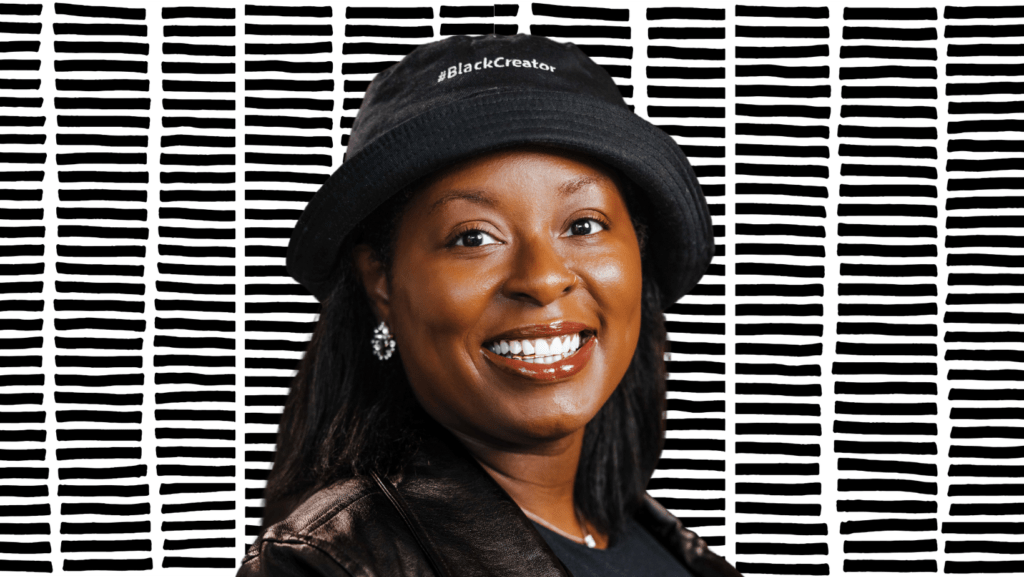
 Interested in investing in Black founders? Please complete this
Interested in investing in Black founders? Please complete this 










